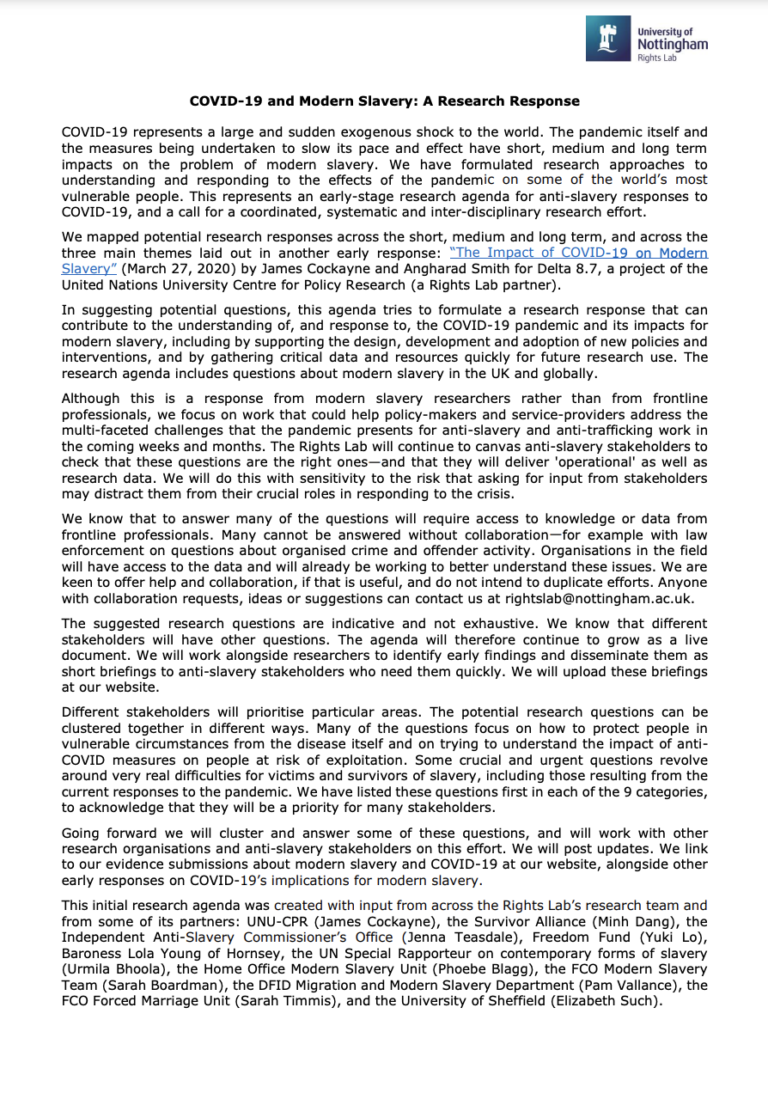Disconnected: The COVID-19 Pandemic & Call Center Workers‘ Rights in Tunisia & Morocco
COVID-19 resourcesThis briefing summarizes some of the key human rights risks to workers in this sector, and considers the steps taken by ten call centers operatingin and six clients outsourcing services to Tunisia and/or Morocco to protect workers amidst the crisis....Read More

